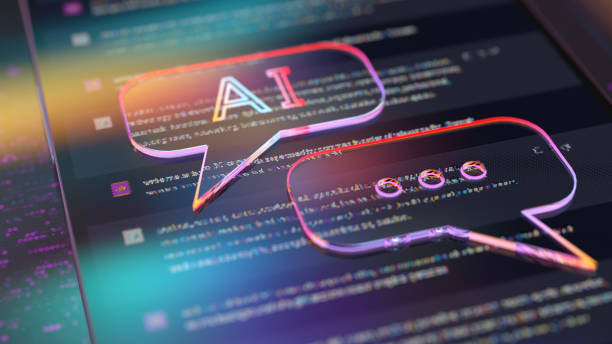Sidwell must integrate Artificial Intelligence (AI) into its curriculum to improve testing outcomes and apply new ways of automatic grading. AI has transformed our world by improving our ability to comprehend information, clarify school lessons and increase productivity. At Sidwell, AI chatbots and programs would allow students to refresh their knowledge from class while studying at home, and its use would also help teachers grade more efficiently. With the necessary monitoring, Sidwell would undoubtedly be successful in integrating artificial intelligence into the curriculum, teaching methods and studying strategies.
According to a statement from Fei-Fei Li, Professor of Computer Science at Stanford University, “AI is going to make us work more productively, live longer and have cleaner energy.” Schools like Sidwell would be able to use AI to think more critically about problems and solve them more efficiently.
Additionally, the US National Science Foundation writes, “AI in education doesn’t just help students improve computational thinking skills in the classroom. It can also create new ways to connect learners with their local environments, allow them to think critically about ecological problems, and aid them in coming up with realistic solutions.” Therefore, by using technology in classrooms, students would be able to apply their learned skills from class to real-world examples, such as community improvements or global environmental issues. For example, in Environmental Science courses, students could apply math and programming skills to experiments on bird habitats by using data recognition aided by AI. Specifically, in Maine, the US NSF found that children learned more about their environment with AI.
AI would additionally benefit faculty members by helping them grade, create curriculums and provide assistance via Machine Learning models. Teachers would not only have a more efficient teaching system but would spend less time on computer-based learning and more time directly interacting with students.
An article by the Princeton Review states that AI can help educators “better understand areas where students may be struggling and can then modify their teaching methods by identifying common mistakes or misconceptions.” With this tool, teachers could connect with the class more often and prepare more concise and thorough lesson plans by using a wide selection of AI resources. Using generative AI, teachers would be able to create lessons, activities and assessments using simple and easy-to-use tools. If teachers were able to utilize AI to automate the grading process for assignments and assessments, they would save time that they could then use to prepare more effective lesson plans and strategize with their coworkers. Therefore, AI creates a great opportunity for teachers to understand students, have an easier time grading assessments and create more fun learning environments and activities.










































